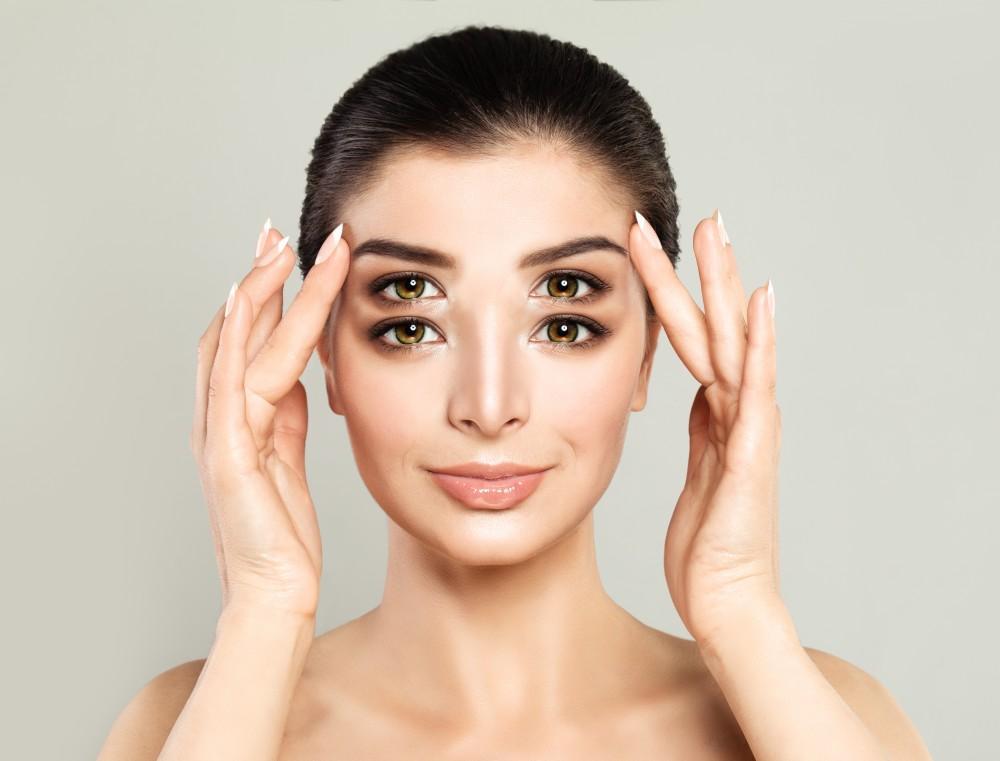
3 Emergency Eye Problems You Should Know

Certain eye conditions require immediate attention to prevent permanent vision loss or other significant complications, and unfortunately, eye problems can pop up at unexpected times.
That’s why experts here at Maryland Eye Care Center in Silver Spring and Hyattsville, Maryland, offer emergency eye care appointments.
Take a moment as our team highlights three emergency eye problems — and what you can do if you experience them.
Three emergency eye problems you should know
Knowing what to do in an emergency just might save your vision. Eye emergencies you should know about include:
Retinal detachment
Retinal detachment occurs when the retina, the light-sensitive layer at the back of your eye, pulls away from its normal position. This condition can lead to permanent vision loss if not treated quickly.
Recent surgery, trauma, aging, and extreme myopia (nearsightedness) can increase your risk of retinal detachment. Symptoms of retinal detachment include:
- Sudden flashes of light in your vision
- Sudden increase in floaters (small spots or strings that drift through your field of vision)
- Sensation of a shadow covering part of your vision
Retinal detachment is a medical emergency that requires prompt treatment, often with surgery, to reattach your retina.
Acute angle-closure glaucoma
Acute angle-closure glaucoma is a sudden and severe increase in pressure within your eye, which can quickly damage your optic nerve and lead to vision loss. This condition requires immediate intervention to prevent blindness.
This type of glaucoma causes severe eye pain, blurry vision, redness in your eyes, nausea and vomiting, and seeing halos around lights.
If you experience these symptoms and suspect acute angle-closure glaucoma, go to the emergency room. Treatment typically involves medications to lower eye pressure and sometimes surgery to create a new drainage pathway in your eye.
This condition isn’t the same as open-angle glaucoma, a more gradual onset of glaucoma.
Chemical burns
Chemical burns can occur when harmful substances, such as cleaning agents or industrial chemicals, come into contact with your eyes. Nearly 2 million Americans each year suffer chemical burns affecting their eyes, and 280,000 of those are work-related injuries.
These burns can severely damage your cornea and other eye structures. If you get a harmful substance in your eyes at work, follow your employer’s guidance on occupational exposures (e.g., use an eye wash station) and follow up with our team.
If you get a harmful substance in your eyes at home and don’t have access to an eye wash station, rinse it immediately with clean water for at least 15 minutes and seek emergency medical care. The CDC recommends irrigating both your upper and lower eyelids.
What to do if you spot these warning signs
Maryland Eye Care Center is equipped to handle common eye emergencies, such as eye trauma, sudden eye pain, foreign debris in your eye, eye swelling, and sudden changes (or loss) of vision.
Call your Maryland Eye Care Center provider if you suspect a problem. We may advise you to come into the office immediately or head to the nearest emergency room. If you suspect you’re experiencing an eye emergency outside of our office hours, don’t hesitate to visit the ER.
After you visit the ER, follow up with our team. We can help you manage eye diseases and address any concerns you may have after your emergency.
Can you prevent eye emergencies?
You can’t prevent all eye emergencies, but steps you can take to reduce your risk include:
- Scheduling regular eye exams
- Wearing eye protection during high-risk activities, such as construction work
- Following all safety procedures at work, especially if you work with chemicals
- Managing underlying conditions, such as diabetes, that impact eye health
- Encouraging your kids to wear protective eye gear during sports events
If you’re concerned about an eye problem, call us at 301-431-0431. For less urgent matters, click here to request an appointment.
You Might Also Enjoy...


What Can Cause Double Vision?

My Vision Is Suddenly Blurry: Is This an Emergency?

5 Tips to Protect Your Vision from Digital Eye Strain

/assets/docs/442641.png)
/assets/docs/442638.png)
/assets/docs/442639.png)
